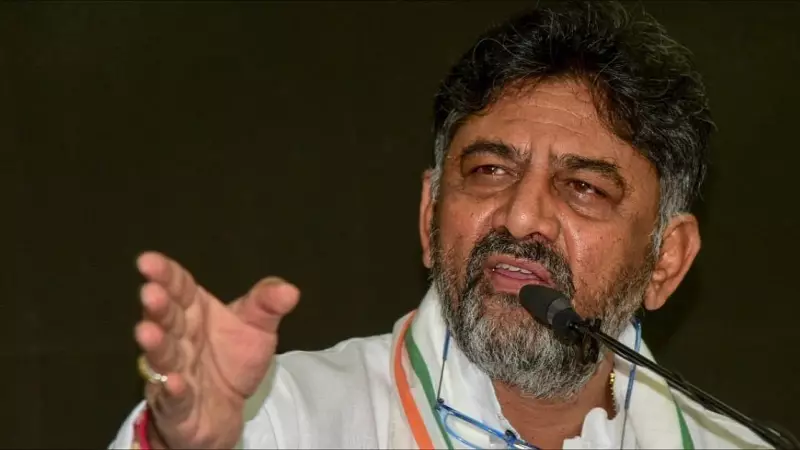
In a candid revelation that speaks volumes about Bengaluru's growing transportation challenges, Karnataka Deputy Chief Minister D.K. Shivakumar has taken a pragmatic stance on the city's infamous traffic congestion. Rather than proposing restrictive measures, the minister emphasized the government's commitment to enhancing infrastructure while acknowledging the impracticality of limiting personal vehicle usage.
The Infrastructure Push: More Flyovers and Metro Lines
Shivakumar unveiled ambitious plans to address Bengaluru's mobility crisis, highlighting two key projects currently in the pipeline:
- New Flyover at Rajarajeshwari Nagar: A much-needed infrastructure addition aimed at decongesting one of the city's critical corridors
- Metro Expansion: Significant progress on extending the Metro network to improve public transportation accessibility
"We are actively working on infrastructure development to ease traffic problems," Shivakumar stated, underscoring the government's proactive approach to urban planning.
A Realistic Approach to Urban Mobility
The Deputy CM's comments reflect a nuanced understanding of urban development challenges. Instead of implementing unpopular bans on private vehicles, the administration is choosing to invest in creating robust alternatives that might naturally encourage behavioral change among commuters.
This perspective comes at a crucial time when Bengaluru continues to grapple with some of the worst traffic conditions among Indian metropolitan cities. The government's strategy appears to balance immediate relief through infrastructure projects with long-term sustainable mobility solutions.
Broader Implications for Urban Planning
Shivakumar's stance signals a significant shift in how Indian cities might approach transportation crises. Rather than relying on restrictive measures that often face public backlash, the focus is shifting toward creating infrastructure that makes alternative transportation modes more attractive.
The ongoing Metro expansion, coupled with strategic flyover projects, represents a multi-pronged approach to tackling Bengaluru's mobility challenges. As the city continues to grow as India's technology capital, such infrastructure investments become increasingly critical for maintaining economic momentum and quality of life.






